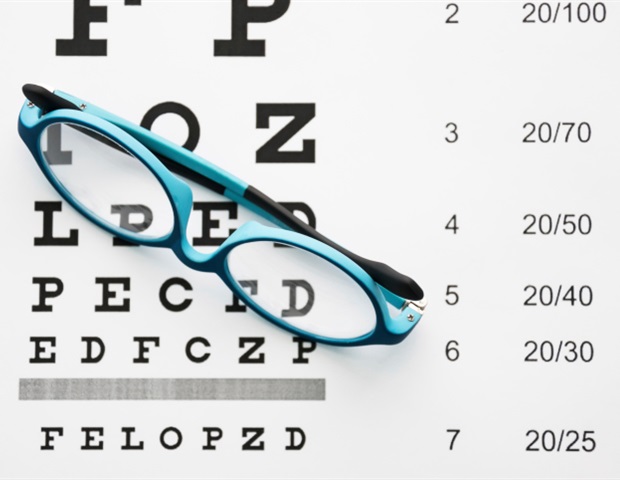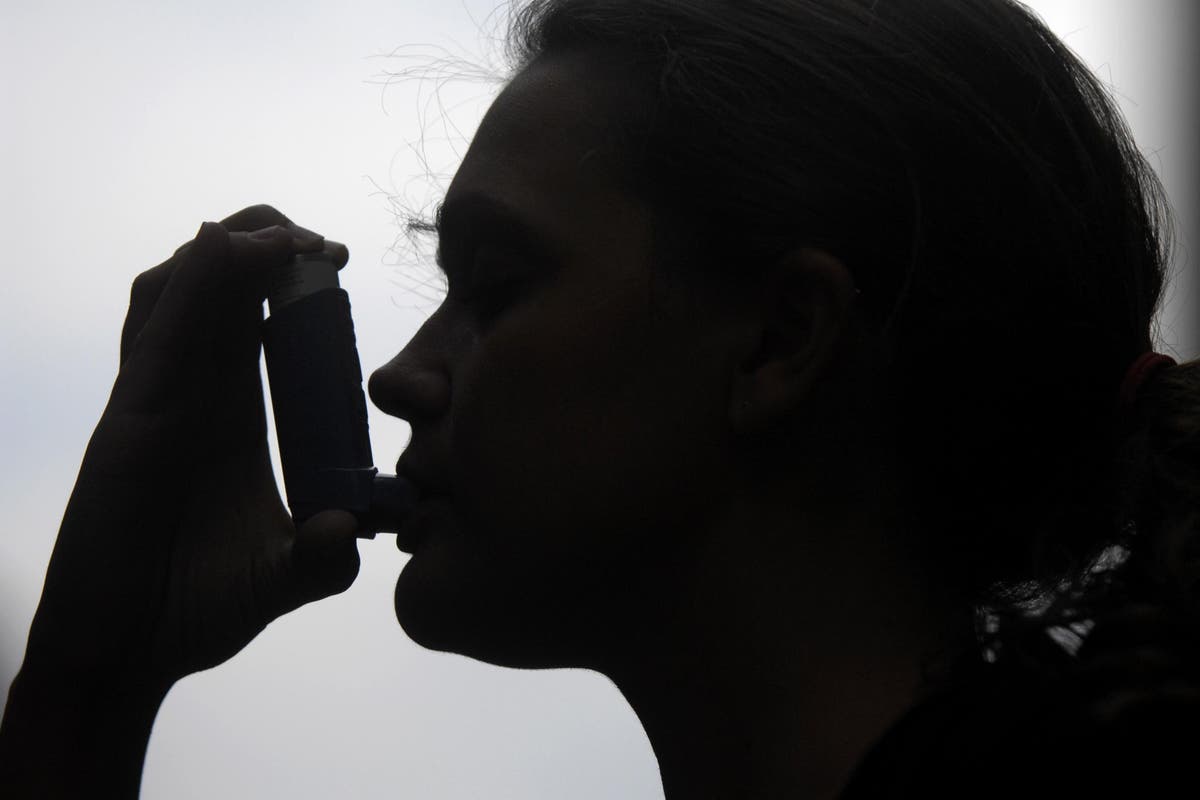Taking an antiviral medication for a year may prevent vision damage associated with shingles that affects the eye, according to new research led by faculty from the Perelman School of Medicine at the University of Pennsylvania and the NYU Grossman School of Medicine. "Up until now, there has been no proven long-term treatment for new, worsening, or repeated episodes of this disease, so the results of this study provide convincing evidence for using long-term, low-dose antiviral treatment," said Bennie Jeng, MD, chair of Ophthalmology at the Perelman School of Medicine at the University of Pennsylvania and the director of the Scheie Eye Institute at Penn Medicine, who co-chaired the study. Ocular shingles begins in the nerve connecting the brain to the eye and is present in almost 100,000 of the million people who develop shingles each year in the United States.
This is called herpes zoster ophthalmicus (HZO) and can result in keratitis (inflammation of the cornea), iritis (inflammation of the iris), and inflammation in other parts of the eye. Roughly 30,000 of HZO cases result in patients' vision declining to 20/60 or worse, meaning that if a typically-sighted person could see an object clearly at 60 feet, these patients would have to move up to at least 20 feet to see it. Beyond that, approximately 10,000 patients who develop HZO experience legal blindness, meaning their vision is reduced to 20/200 or worse.
For patients who had recurrences or new findings of HZO, there was .


















